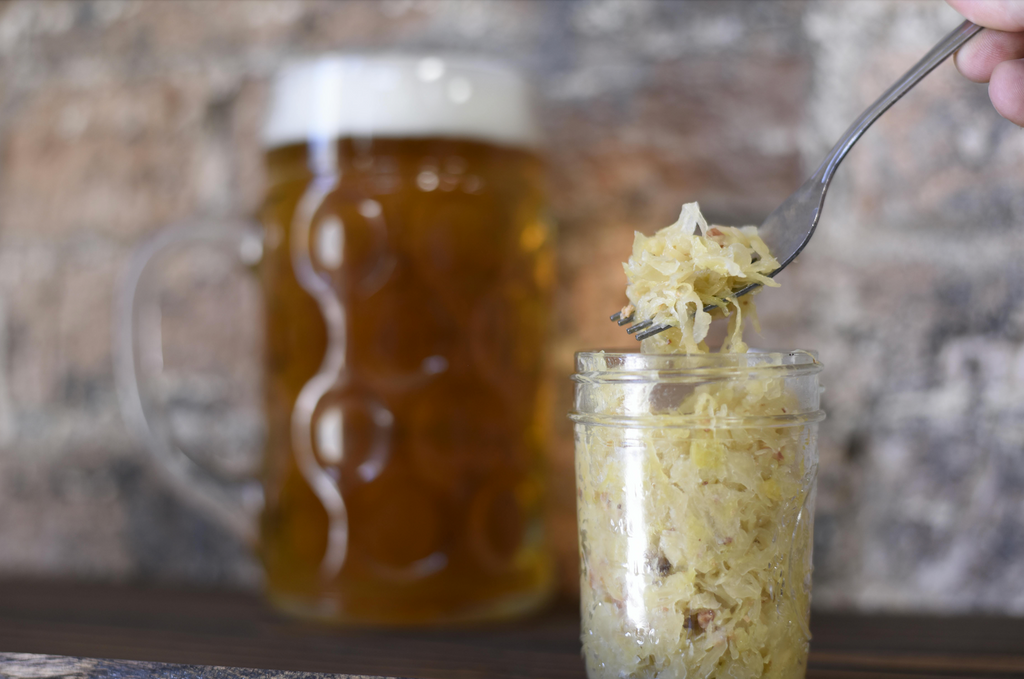Food plays a massive role in the health of our microbiome, but it's not just food. Our interactions with other people and animals play a crucial role in shaping our health in ways that might surprise you. The microbial world is significantly influenced by the company we keep. Our microbiome, the complex community of microorganisms living on and inside our bodies, thrives when we surround ourselves with a diverse array of people and animals. .
Social Interactions and Microbial Exchange
Human-to-Human Interaction
Social interactions are more than just emotionally fulfilling; they are also microbiologically enriching. Every time we shake hands, share a meal, or simply live in the same environment, we exchange microbes. This microbial exchange helps diversify our microbiome, promoting resilience and health.
A study published in the journal Nature found that individuals living in close-knit communities, such as the Hadza hunter-gatherers of Tanzania, have a more diverse gut microbiome compared to those in urban settings . This diversity is attributed to their close physical contact and communal living conditions, which facilitate the easy exchange of beneficial microbes.
Family and Cohabitation
Living with family or roommates further enhances microbiome diversity. Research in Scientific Reports demonstrated that cohabiting family members share more similar microbiomes than those living apart . This similarity extends to the skin, oral, and gut microbiomes, suggesting that our immediate social environment profoundly influences our microbial landscape.
The Role of Pets in Microbiome Diversity
Dogs: Man’s Microbial Best Friend
Dogs are not just loyal companions; they are also valuable contributors to our microbial health. Studies have shown that dog owners have a more diverse microbiome compared to non-dog owners. Research published in eLife revealed that homes with dogs have more varied microbial communities, which are transferred to their human inhabitants . This microbial exchange can boost the immune system and reduce the risk of allergies and asthma.
Cats and Other Pets
While dogs are the most studied, other pets like cats, rabbits, and even birds also contribute to microbiome diversity. Each species carries unique microorganisms that, when introduced to the household environment, enrich the microbial pool available to humans. A study in the Journal of Allergy and Clinical Immunology found that exposure to a variety of pets in early childhood is associated with a lower risk of developing allergies, likely due to the enhanced microbial diversity.
The Science Behind Microbial Diversity and Health
Immune System Boost
A diverse microbiome is crucial for a robust immune system. The presence of a wide range of microorganisms trains the immune system to differentiate between harmful and harmless agents. This training helps prevent overreactions that can lead to allergies and autoimmune diseases.
A study in Nature found that germ-free mice, which lack a microbiome, had underdeveloped immune systems. When these mice were introduced to a diverse microbial environment, their immune systems became more robust and capable of fighting off infections . This research underscores the importance of microbial exposure for immune health.
Mental Health Benefits
The gut-brain axis, a communication network that links the gut and the brain, is significantly influenced by the microbiome. A diverse and balanced microbiome contributes to better mental health by regulating the production of neurotransmitters like serotonin and dopamine.
Research published in Nature Microbiology demonstrated that individuals with a more diverse gut microbiome had lower levels of anxiety and depression . This finding highlights the potential mental health benefits of a rich microbial environment fostered by social interactions and pet ownership.
Practical Tips for Enhancing Microbiome Health
Live with or interact with more people. Be intimate with your significant other. Give more hugs. Share your food. Don't over-sterilise. Have more kids. Get some pets. Spend time in the wild. Regularly eat fermented food.
Conclusion
The link between humans, animals, and the microbial world highlights the need for an interconnected life. By embracing social interactions and inviting pets into our lives, we not only enrich our emotional and mental well-being but also cultivate a thriving, diverse microbiome. So, the next time you enjoy the company of friends, family, or animal companions, remember that you are also nurturing a healthier, more resilient microbiome. Research is showing more and more clearly that DIVERSITY is the key is the key to a healthy microbiome.




